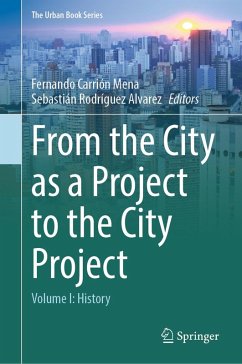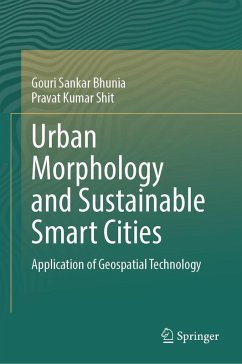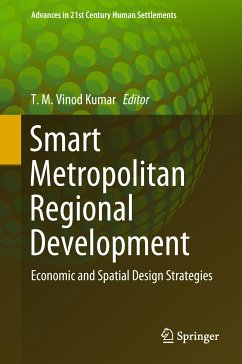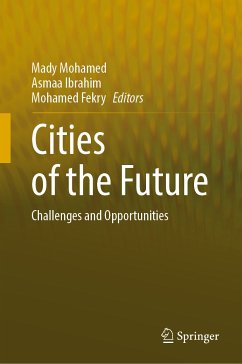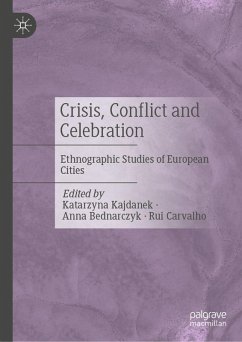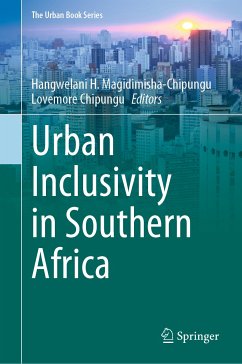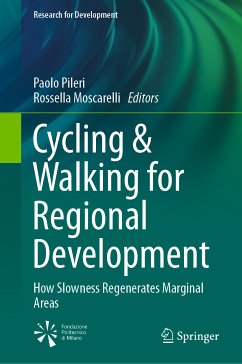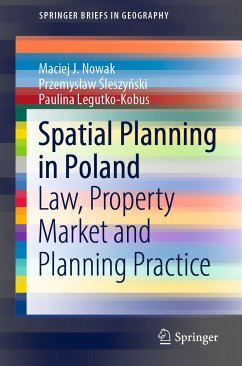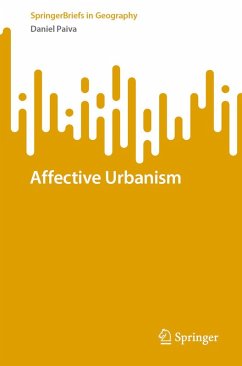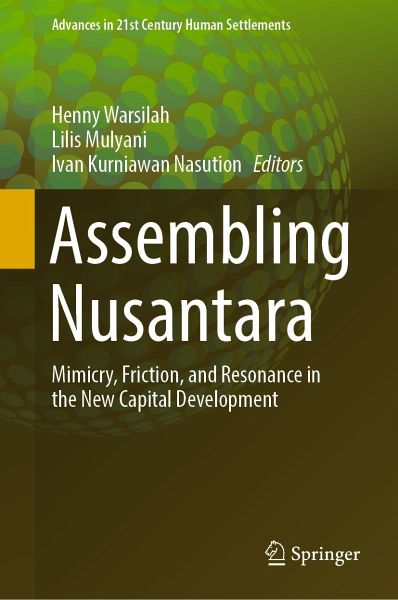
Assembling Nusantara (eBook, PDF)
Mimicry, Friction, and Resonance in the New Capital Development
Redaktion: Warsilah, Henny; Nasution, Ivan Kurniawan; Mulyani, Lilis
Versandkostenfrei!
Sofort per Download lieferbar
68,95 €
inkl. MwSt.
Weitere Ausgaben:

PAYBACK Punkte
34 °P sammeln!
Today, the new Indonesian capital city, Nusantara, planning is being anticipated as "representing national identity," "a model city," or "a gift to the world," and many other extraordinary labels. This book examines the reality of an ongoing developmental transformation of the Nusantara beyond those labels. It approaches its assemblage of humans, their works (plans, documents, policies, and others), non-human objects (biodiversity, landscape, geography, physical infrastructure, buildings, and public spaces), processes, social relationships, social infrastructures, and others. It is organized i...
Today, the new Indonesian capital city, Nusantara, planning is being anticipated as "representing national identity," "a model city," or "a gift to the world," and many other extraordinary labels. This book examines the reality of an ongoing developmental transformation of the Nusantara beyond those labels. It approaches its assemblage of humans, their works (plans, documents, policies, and others), non-human objects (biodiversity, landscape, geography, physical infrastructure, buildings, and public spaces), processes, social relationships, social infrastructures, and others. It is organized into three themes-mimicry, friction, and resonance. The mimicry illustrates the similarities (and differences) between Nusantara and other capital cities in urban narratives, imageries, and forms. The friction studies how Nusantara moves actors who do not always agree, processes that do not always align or collaboration between diverse contradicting groups that intersect. The resonance observeshow Nusantara resonates with, yet communicates its voice toward, the world. The three concepts (originated from geography, anthropology, and sociology) frame the analytics of the various contributions of local and foreign scientists from multiple disciplines. Overall, the book recommends "Otorita Ibu Kota Nusantara" (Nusantara capital city authority) on the current experimentation and implementation of the urban vision and provides a reference for social scientists to study Nusantara. And more broadly, the book offers the current socio-spatial practices of capital city-making in Asia that are valuable for the region.
Dieser Download kann aus rechtlichen Gründen nur mit Rechnungsadresse in A, B, BG, CY, CZ, D, DK, EW, E, FIN, F, GR, HR, H, IRL, I, LT, L, LR, M, NL, PL, P, R, S, SLO, SK ausgeliefert werden.



